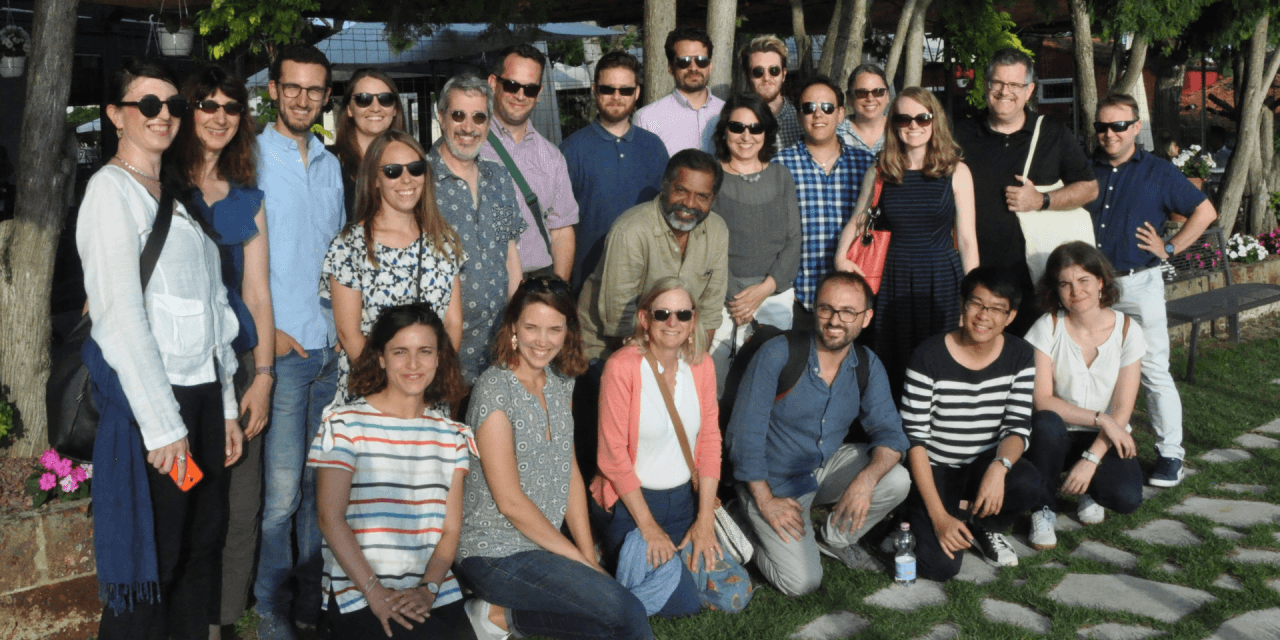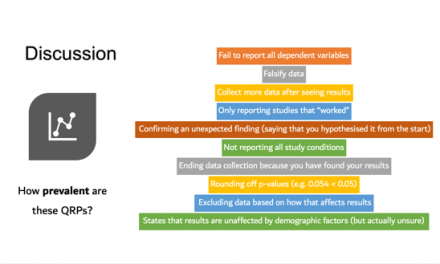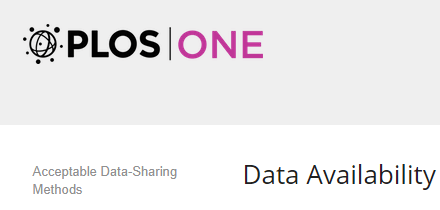Hedren (kneeling, second from the right) with his fellow international participants and chief investigators of the Visualising Venice 2018 Summer Institute.
In early June this year, NTU Digital Scholarship Librarian Hedren Sum embarked on a journey to Venice, Italy where he engaged in unique discussions surrounding the emerging field of Digital Art History.
Under a scholarship by Getty Foundation, Hedren spent two weeks in June at the Visualising Venice 2018 Summer Institute, jointly organized by Venice International University, Duke University‘s Wired Lab for Digital Art History & Visual Culture, and the University of Padua‘s Architecture and Engineering program.. There, he engaged in topics surrounding Digital Art History, Digital Scholarship and Geospatial and 3D Modeling Methods with 20 researchers from 10 countries across the globe.The summer institute had an intensive schedule of seminars, critique sessions and workshops.
Contributing to the institute’s specific focus on “Visualising Cities”, Hedren presented his project on “Visualizing the Mountain Estate in Chengde”, leading discussions on using open source platforms and tools, modular approach, the concept of neutrality in presenting materiality in art historical research and geospatial analysis. He had been working on the project with NTU-ADM Associate Professor Biju Dhanapalan and Dr. Stephen Whiteman from the University of Sydney. Together, the interdisciplinary trio contributed significantly to the board with their combined expertise in Art History, 3D Modeling, and Information Visualization, among others.
Apart from sharing his team’s research, Hedren was exposed to new angles in Art History through workshops on digital approaches in art historical research by instructors from Duke University (USA) and University of Padua (Italy). The topics covered new-frontiers in Art History, including Building Information Modeling (BIM) and web-based approaches to presentation (AR, VR and Annotation). Complementing the sharings on new technological developments in Art History, participants also engaged in discussions on new forms of scholarly publishing ethics and evaluation guidelines on digital scholarship to prime themselves for excellence in their respective fields.
Looking to the future, Hedren is expected to attend the institute’s follow-up gathering in the summer of 2019. There, he will attend more writing and digital publication workshops and build on his existing work.
Student Assistant Kelsie Tan Kai Xian contributed to this post.







